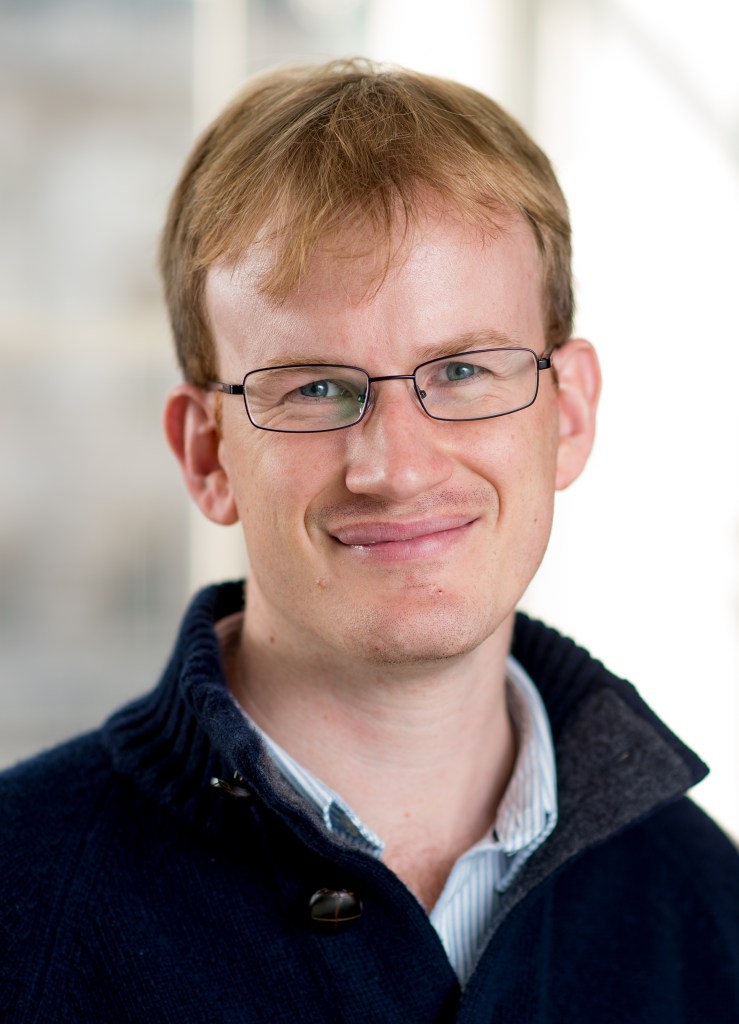
About Us
The Nineteenth-Century Song Club is a project that attempts to open up an extended conversation between musicologists, historians, folklorists, and literary scholars about the role of song in the nineteenth century. This is a complex subject of enquiry that has not been well-served by modern disciplinary specialization, and so the consortium will attempt to bring together several disciplines to discuss nineteenth-century song cultures including concert performance, convivial singing, theatrical song, political song, hymn singing, and ballad performance. We are particularly interested in the transmission and circulation of song, both in print and in oral traditions, and in the social and political meaning of song traditions.
Member Profiles

Oskar Cox Jensen is a Senior Research Associate at the University of East Anglia, working on a study of English protest song from 1600 to the present day. In October 2022 he will take up a NUAcT Fellowship in Music at Newcastle University. He is the author of Vagabonds: Life on the Streets of Nineteenth-Century London (Duckworth, 2022), The Ballad-Singer in Georgian and Victorian London (Cambridge University Press, 2021), and Napoleon and British Song, 1797–1822 (Palgrave Macmillan, 2015); co-editor of Charles Dibdin and Late Georgian Culture (Oxford University Press, 2018) and a special forum of Journal of British Studies: “Music and Politics in Britain” (2021); and author of numerous book chapters and articles in journals including Studies in Romanticism. He was a founding member of the Romantic National Song Network, and contributes to discussions of song on BBC TV and radio, RTÉ, and in print media. In 2022 he became an AHRC/BBC New Generation Thinker. Oskar also writes works of fiction, and his own songs, which he then struggles to sing. He is represented by Joanna Swainson.

Katherine Fry is a research fellow at King’s College London, having previously held posts as a lecturer in musicology at KCL and as a postdoctoral fellow on the ERC-funded project “Music in London 1800-1851.” Her work explores nineteenth- and twentieth-century aesthetics of opera and music, with a focus on issues of material culture, gender, and performance. Her publications include articles and chapters in 19th-Century Music, Journal of the Royal Musical Association, Opera Quarterly, and in the volume Music and Victorian Liberalism (Cambridge University Press, 2019). She is currently completing a monograph on the mediation of Wagner’s operas in Victorian London and in 2021-23 she will take up a Marie Skłodowska Curie Global Fellowship at the University of California, Berkeley, for a project on women popular songwriters in the decades around 1900.

James Grande is Lecturer in Eighteenth-Century Literature and Culture at King’s College London. He was previously a British Academy Postdoctoral Fellow at KCL and a postdoctoral research fellow on the ERC project “Music in London, 1800-1851,” directed by Roger Parker. He is the author of William Cobbett, the Press and Rural England: Radicalism and the Fourth Estate, 1792-1835 (Palgrave Macmillan, 2014) and has co-edited with John Stevenson an anthology of Cobbett’s writings and a collection of essays on Cobbett’s contexts and legacies. His next monograph “Articulate Sounds: Music, Dissent, and Literary Culture, 1789-1840” will be published by the British Academy and Oxford University Press. Current projects include Scripture and Song in Nineteenth-Century Britain, with Brian Murray (forthcoming with Bloomsbury), Sound and Sense in British Romanticism, with Carmel Raz (forthcoming with Cambridge University Press), and a new edition of William Hazlitt’s essays for Oxford Worlds’s Classics, co-edited with Jon Mee. He is a trustee of Keats-Shelley House in Rome and editor of the Keats-Shelley Review.

Katherine Hambridge is an Assistant Professor in Musicology at Durham University. She specializes in French and German musical life in the first half of the nineteenth century, in particular, music and politics, music theatre, song and singers, and issues of genre and performance. She has published in Annales de la Révolution française, Cambridge Opera Journal, the Oxford Handbook of the Operatic Canon, Beethoven Studies 4, and her article for the Journal of the American Musicological Society, “Staging Singing in the Theater of War (Berlin, 1805),” won the Royal Musical Association’s Jerome Roche Prize in 2016. The volume The Melodramatic Moment: Music and Theatrical Culture 1790-1820, co-edited with Jonathan Hicks, appeared with the University of Chicago Press in 2018. Her interests in song are currently focused around cultures of re-use, parody, and speech-song relationships in music theatre genres, particularly the French vaudeville; and the idea of the German voice and national song across the high-low divide in the nineteenth century.

Jonathan (Jo) Hicks joined the University of Aberdeen in 2019 as a lecturer in music following research fellowships at Lincoln College, Oxford, King’s College London, and Newcastle University. Jo’s work is concerned with the criss-crossing of musical and urban histories in the long nineteenth century—especially, though not exclusively, in big European cities like London and Paris. He likes to approach the music of the past via the places and spaces with which it was commonly identified, e.g. paying close attention to sites of performance or asking how music and musicians travel. Jo co-edited The Melodramatic Moment: Musical and Theatrical Culture, 1790-1820 with Katherine Hambridge (University of Chicago Press, 2018) and he is currently working on his first monograph, Music on the Move in Victorian London. Other work has appeared in the Journal of Musicology, Cambridge Opera Journal, and Music & Letters.

David Kennerley joined the School of History at Queen Mary University of London as a Leverhulme Early Career Fellow in 2017, having previously held posts at King’s College London and the University of Oxford. He is the author of Sounding Feminine: Women’s Voices in British Musical Culture, 1780–1850 (Oxford University Press, 2020), and co-editor of Charles Dibdin and Late Georgian Culture (Oxford University Press, 2018) and a special forum on “Music and Politics in Britain” in the Journal of British Studies (2021). His work has also appeared in the Historical Journal, and the English Historical Review. His research to date has focused on the intersections of music, song, and sound more generally with gender, and with political culture, in nineteenth-century Britain. He is currently writing a monograph provisionally titled Articulate Uproar: A Sonic History of Chartism, in which the study of radical song culture is a prominent feature.

Ian Newman is Associate Professor of English at the University of Notre Dame, and a fellow of the Keough-Naughton Institute for Irish studies. He specializes in eighteenth- and nineteenth-century British and Irish literature and culture. He is the author of The Romantic Tavern: Literature and Conviviality in the Age of Revolution (Cambridge University Press, 2019). He is co-editor with Oskar Cox Jensen and David Kennerley of Charles Dibdin and Late Georgian Culture (Oxford University Press, 2018) and, with David O’Shaughnessy, of Charles Macklin and the Theatres of London (Liverpool University Press, 2022). He is also responsible for a digital project tracing the meeting places of the London Corresponding Society and is a founding editor of the Keats Letters Project. His current research focuses on popular song and ballads, their transmission and circulation.

Web Designer
Trish Bredar is a scholar of nineteenth-century British literature. She holds a PhD in English from the University of Notre Dame. She created and edited this site, and has been assisting in C19 Song Club activities since 2019.